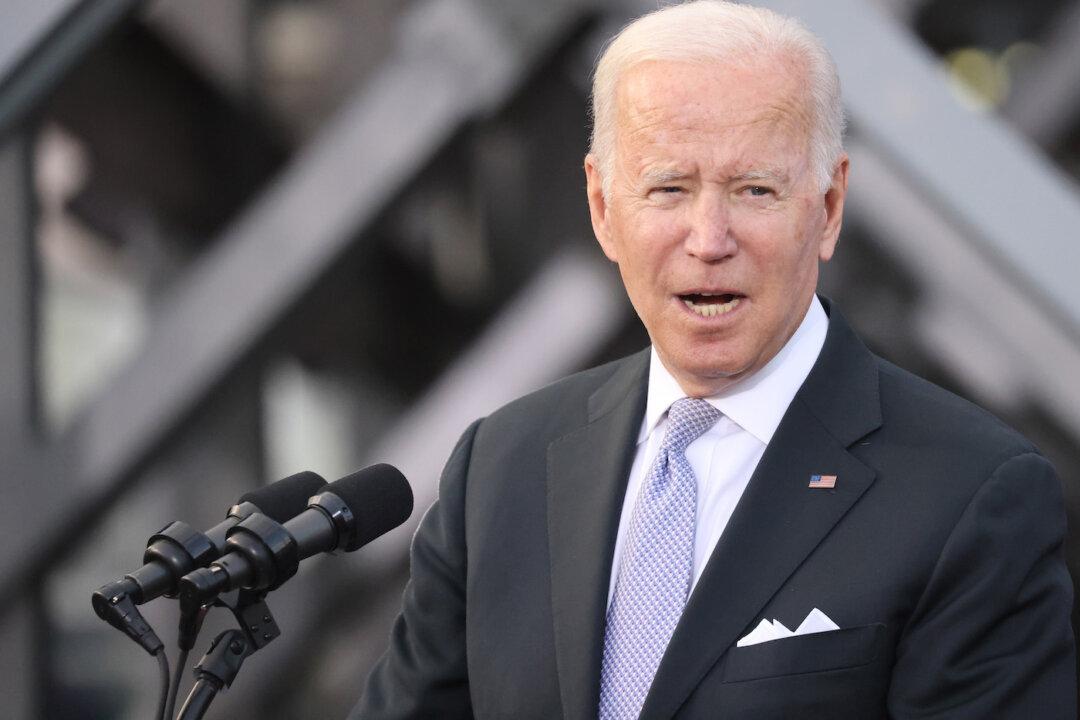President Joe Biden said on Thursday that the United States was committed to defending Taiwan if the self-ruled island were attacked by China—a departure from a long-held U.S. position of “strategic ambiguity.”
“Yes, we have a commitment to do that,” Biden told a CNN town hall event in Baltimore when pressed on the issue, amid escalating Chinese military provocations. “China, Russia, and the rest of the world know we have the most powerful military in history of the world.”





